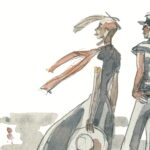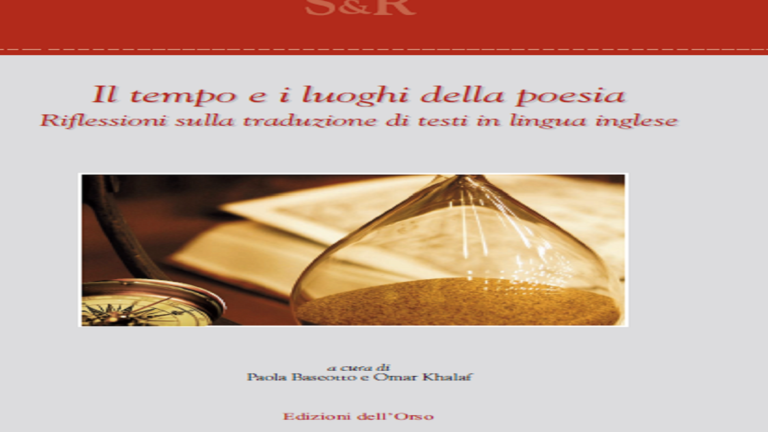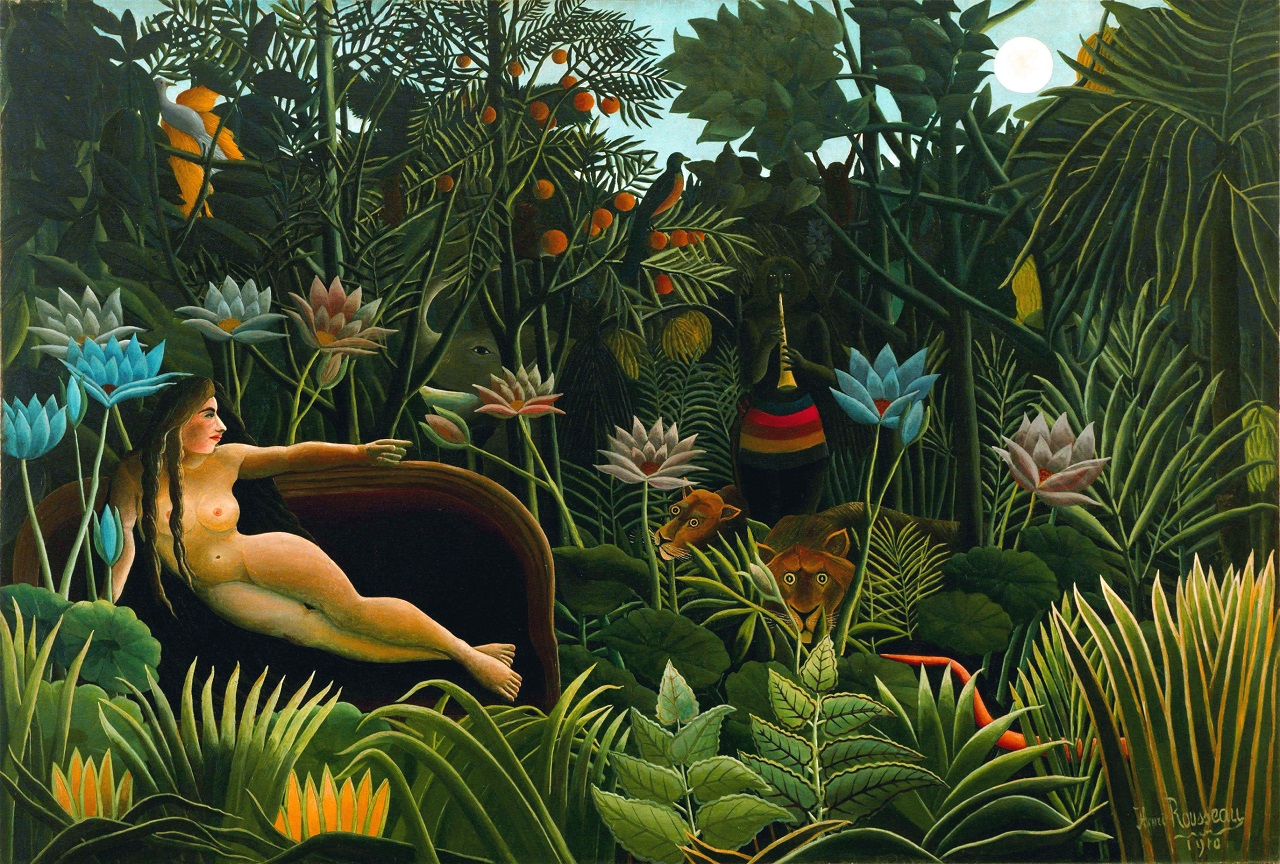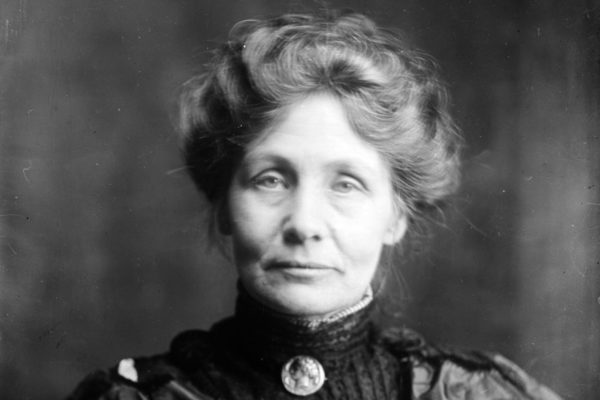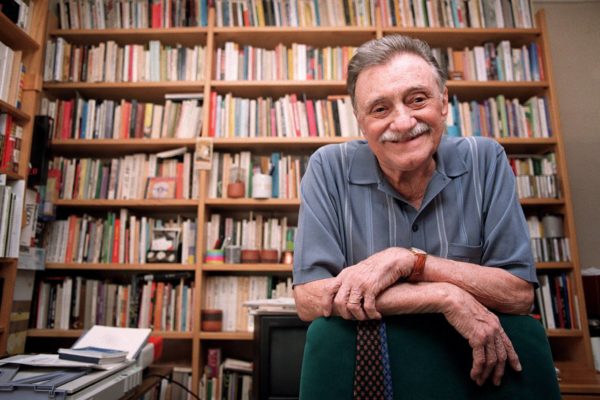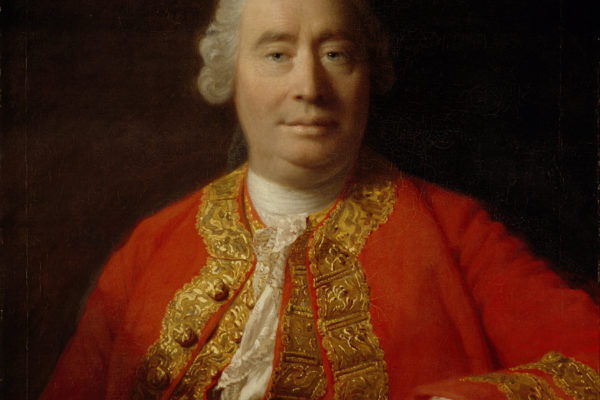Poetry translation: gain and loss
Translation is a process that from one language to another always makes you lose something of the source language.
There were many interesting aspects during the meeting on Friday, November 23 “Time and places of poetry – Reflections on the translation of texts in English”. It takes its title from the book published last January with Edizioni dell’Orso, edited by Prof. Paola Baseotto and Prof. Omar Khalaf of the University of Insubria. The conference was hosted in the Hall 101 of the Marco Polo Building of the Department of European, American and Intercultural Studies of the Sapienza University of Rome. In addition to the editors of the book were present Prof. Iolanda Plescia, Prof. Jacob Blakesley and the director Alessandro Fabrizi.
It was an interesting moment focused on translation and the difficulties usually encountered moving from one language to another, from one historical period to another, for example by bringing a text in Old English into a modern language.
The participants received a handout with some texts in original English and parallel Italian text. The handout was divided in two parts, just like the book is. The first part contains “Voices from the past” and the second part “Voices from the world”.
“The project of this book was born from the lack of the book that we would have liked to read.
– said Prof. Paola Baseotto – Our idea is to continue working on this project with a traveling seminar and a series of publications. We did not want to write another translation theory manual. We wanted to include philologists, scholars of culture and interculture, historians of literature and linguists. We asked them not to write anything theoretical or normative but to describe their translation journeys”. So here comes a series of logbooks on the translation process.
Prof. Baseotto guided those present in the understanding and translation of “The Faerie Queene”, “The lucky star of hidden things” by Afric McGlinchery and “Halfe, Bear Bones and Feathers” by Louise Bernice.
To break the ice with the analysis of the first literary work it was Prof. Omar Khalaf, analyzing “The Seafarer”; then looking closely at the poem he translated into prose “Richard Coeur de Lyon”, which was then made accessible to the general public; and finally “White Egrets” by Derek Walcott.
Prof. Iolanda Plescia spoke about the prologue of “Troilus and Cressida” by William Shakespeare:
“Spoken language must become known. We must believe that a dialogue really occurred”. Then she debunked the myth of the belief that Shakespeare was an innovator of the language: “He does not follow the fashion of words. He does not make any new linguistic coinage in spite of what is commonly believed. The poetic choice is always the less usual one. Shakespeare tends to take advantage of the richness of his language. He does not use new words”.
Alessandro Fabriziread the Italian version of the poems that have been translated by many contributors in this book.
He said that in his experience as a translator he translated “The Tempest” by Shakespeare into Italian, however, not line by line but “stringing out”, thus following his theatrical needs.
The conclusions were entrusted to prof. Jacob Blakesley: “I find this book very stimulating. It offers different approaches that make it more valuable. It reflects different time periods of the English language and it is also important for English speakers”.
Written by
Elisa Sartarelli

